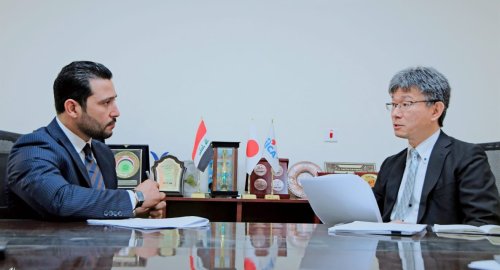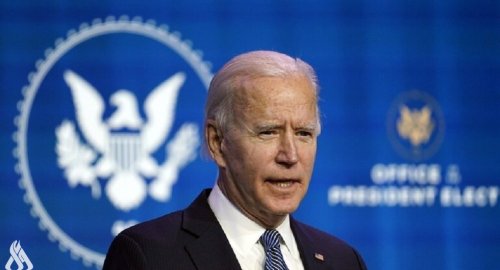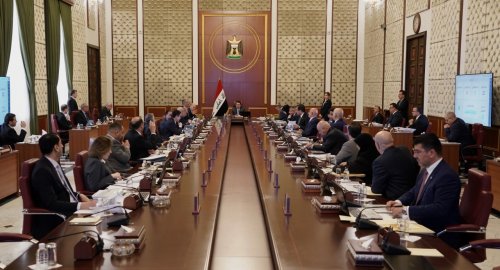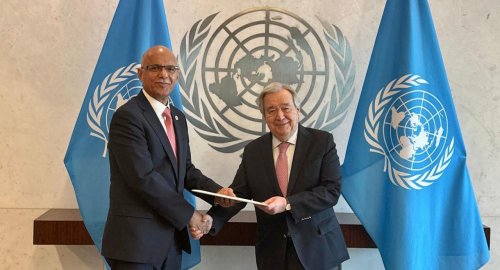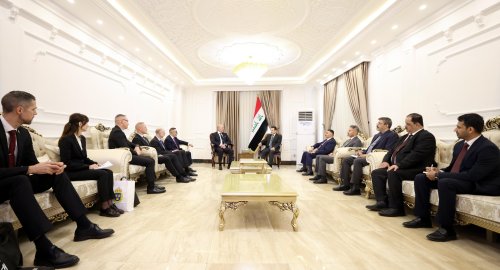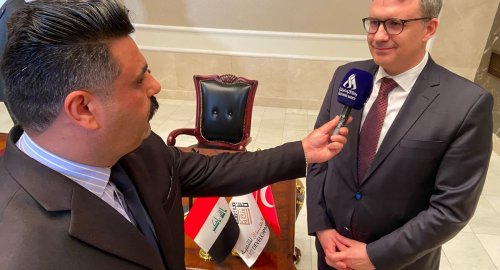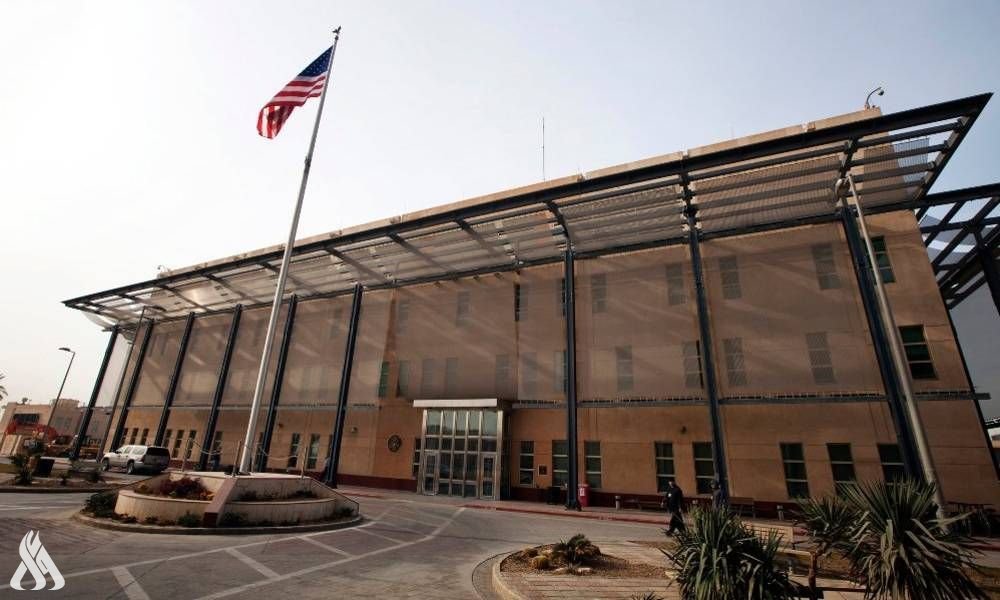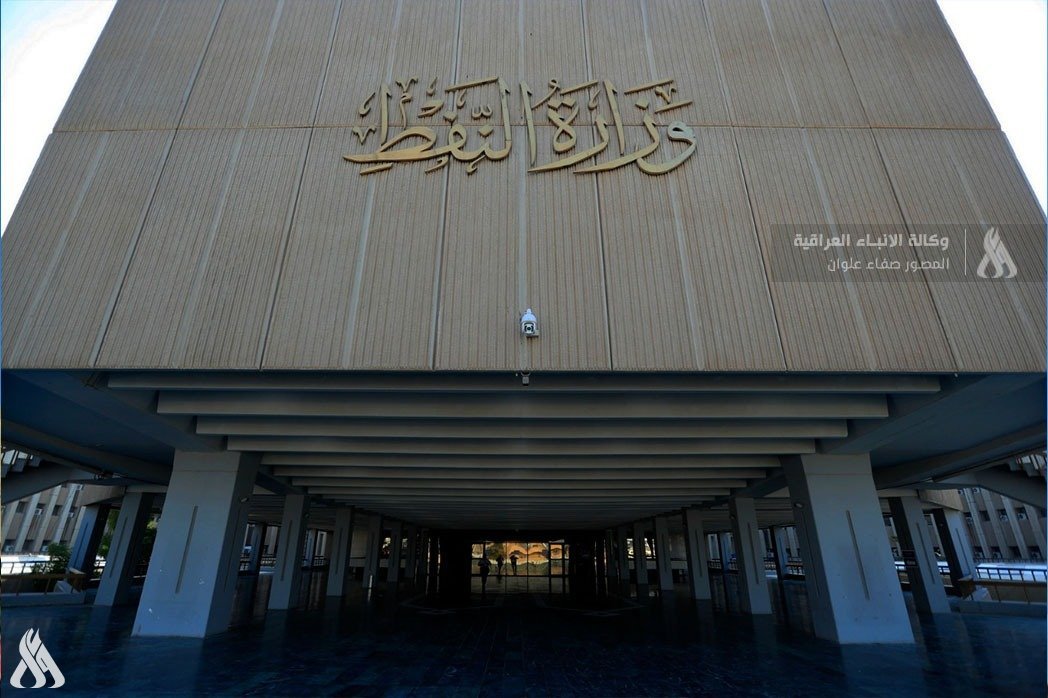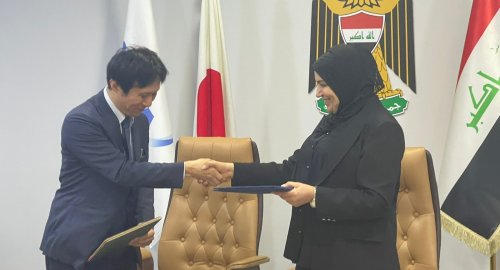
Iraq, Japan sign a memorandum to develop the Basra refinery

- 28-12-2022, 12:45
INA- Baghdad
Ministry of Finance signed on Wednesday a memorandum with Chargé d'Affaires of the Japanese Embassy in Baghdad, Masamoto Kenichi, regarding the Japanese yen loan for the Basra Refinery Development Project (Phase Four).
The reporter of the Iraqi News Agency (INA) said, "The Minister of Finance, Taif Sami, signed today, in the ministry's building with the Chargé d'Affairs of the Japanese Embassy in Baghdad, Masamoto Kenichi, a memorandum regarding the provision of a Japanese yen loan to develop the Basra Refinery (Phase 4)," noting that "the value of the loan amounted to 120 billion Japanese yen, equivalent to about 1,200 million US dollars.
He added, "The project will develop the current Basra refinery by installing a new refining station called the Fluid catalytic cracking catalyst (FCC), which can convert the remaining oil from the existing stations into oil products of high value, as it will be the first fluid catalytic cracking complex."
The project aims to increase the quality of petroleum products and bridge the gap between supply and demand in addition to easing the environmental burden at the new plant through the introduction of a Light Gas Oil Hydro Desulfurization Unit (LGOHDT) through technology transfer.
Once the project is implemented, the Basrah Refinery will be the first FCC that will produce high value-added petroleum products such as gasoline and diesel, which will be in line with international environmental standards.
The project is expected to lead to:
1- Providing foreign currency that may be spent on importing a huge amount of fuel, improving trade and current accounts, and reducing the fiscal deficit.
2- Providing economic and job opportunities for the Iraqi people, especially through and after the project.
3- Modernizing the Iraqi energy industry and paving the way for attracting the savings sector in the Iraqi energy sector.
4- Reducing air pollution by reducing the sulfur content in petroleum products in accordance with international standards.
US Embassy: Trade Mission of 60 Companies Visits Iraq
- politics
- 25/04/07
